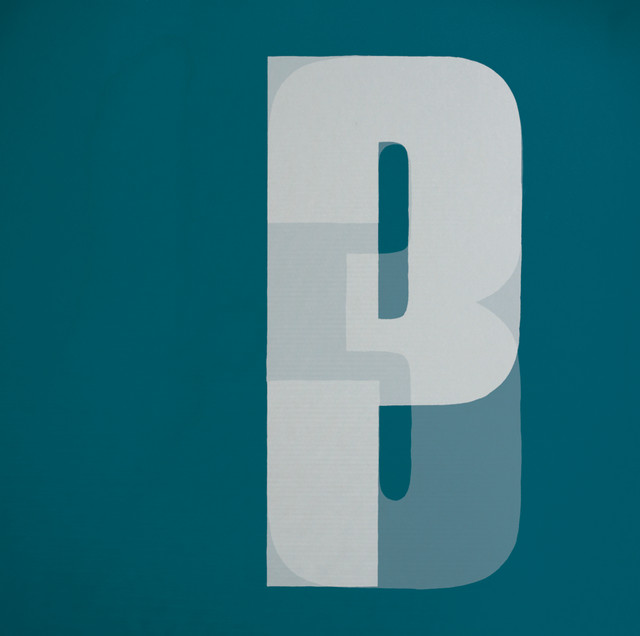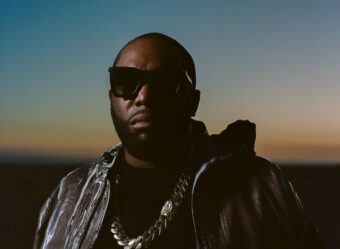There’s a party-killer of a track on Portishead’s first album in 11 years that should clear out the folks who used the English trio’s hybrid of instrumental hip-hop, European art song, and wayward sampledelica as background cocktail gurgle. “Machine Gun” suggests two vintage ’80s drum machines locked in a duel so stiff and assaultive that it makes Kraftwerk sound fluid. “I saw a savior, and a savior come my way,” a ghostly Beth Gibbons creaks before her heavenly visitation fades to mere hallucination. Suddenly, the rat-a-tat gets louder — like an angry robot rendition of an old Run-DMC beat — before mutating and flanging into a wheezing synth elegy. This is not the trip-hop of Portishead circa 1994. It’s the repressed barbarian sound of 2008 — a haunted soundtrack for a time when trashy celebrity misdeeds are given more news coverage than the Iraq war.
For Third, Portishead abandon their sample-based methods. Gone is the crackle and clash of scratchy records that weren’t meant to go together. Here, the dissonance is deliberate, organic. Rhythms are either foregrounded, as on “Machine Gun” and the tom-tom rumble of the galloping opener, “Silence,” or forsaken completely. Previous albums featured tasteful curlicues copped from vintage spy movies; now there’s primal riffage akin to the early brutality of krautrockers Can and Amon Düül II, as if guitarist Adrian Utley deliberately unlearned his jazz training. Soundscaper Geoff Barrow hasn’t abandoned sonic intricacies — check how “Plastic” seems to helicopter around the room — but he excavates Portishead’s boutique-friendly middle ground in favor of echoing caverns and precipitous peaks. Whether it’s the lone ukulele of “Deep Water” or the simmering roar and climactic shriek of “Threads,” minimal and thunderous extremes wreak havoc with expectations. Conventional song structures and comforting hooks are denied.
Instead of revisiting the past, Portishead capture the present’s anxieties. “I’m always so unsure,” Gibbons wails on “Threads,” as if merging her own world-weariness, the band’s crippling perfectionism, and humanity’s current conflicted state into a fireball of fear. “We Carry On” sustains one panic-stricken chord for two teeth-clenching minutes, briefly relieving the tension with a queasy key change, then Utley amplifies the agitation with a torrent of post-punk guitar shards. On “Small,” Gibbons sings a gently plucked folk ballad of lovers’ intimacies before yielding to a lurching prog-rock waltz led by nightmarish church organ and Utley at his most discordant. As punk’s dumbing down has proven, anyone can make abrasive music, but few can do something new and compelling with apocalyptic heaviness. That Portishead manage to do both 14 years into their recorded career is an unexpected triumph over the darkest clouds that have shaped their art and soul.





